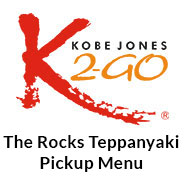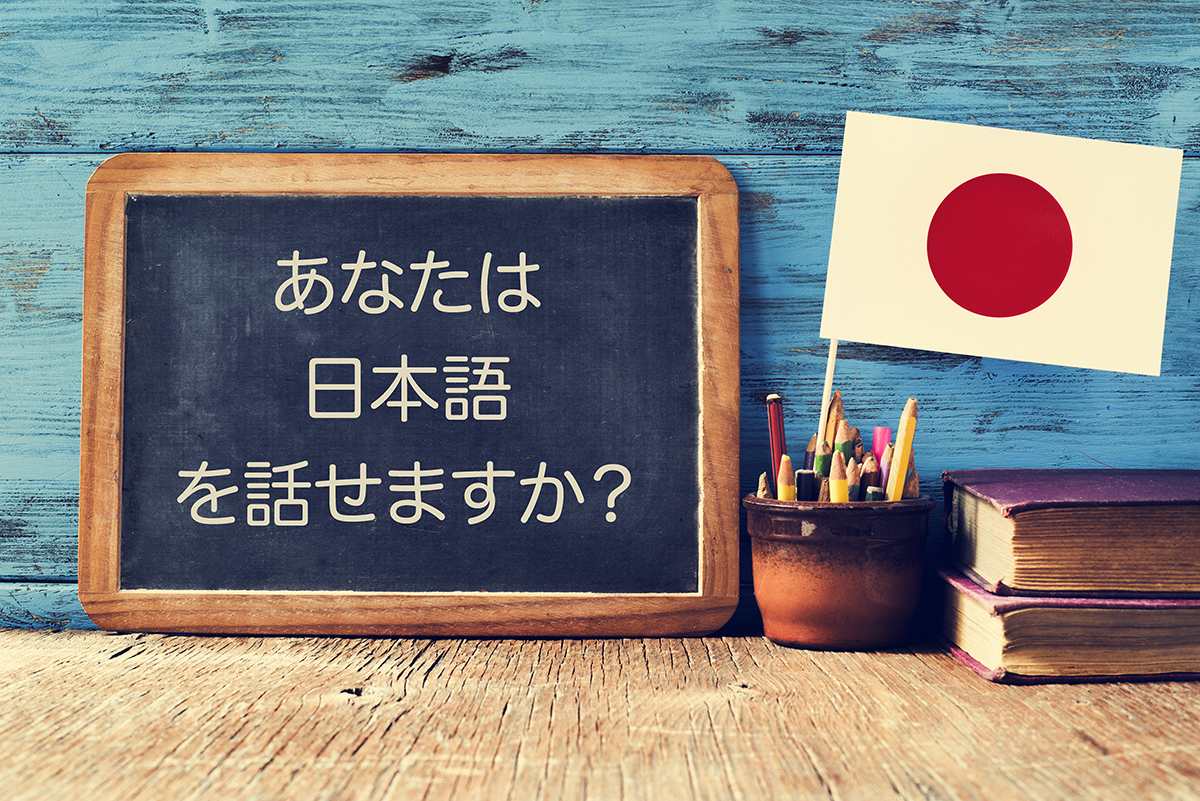English is the most widely-learned language in the world, making it a connecting language between countries, continents and cultures. But just because it’s widely learnt, doesn’t mean it’s the best. There are some things that the English language just cannot say or express.
Language is all about communication – finding the right word at the right time. The right single word let’s us sum something up in an instant, with little need for complex explanation. When a word can’t be found, we’re forced to describe, spell out, or just plain ramble.
Sick of being lost for words? Look beyond the English language and take inspiration from Japan. The Japanese have a plethora of words that could come in handy…
“Yugen”
Use it: When a deep emotional response is triggered by a profound awareness of the universe.
“Itadakimasu”
Use it: Before you take a bite of Glacier 51 Patagonian toothfish with buttered macadamia crust and yuzu miso sauce. Meaning “I will have this”, it acknowledges your appreciation for the person who prepared the food, the person who served the food, and everything else related to enjoying the food.
“Wasuremono”
Use it: When you realise you’ve left something behind on the train or forgotten something at home.
“Monoaware”
Use it: To describe your gentle sadness at the impermanence of all things.
“Otsukaresama”
Use it: When you recognise that someone is tired and you want them to know you appreciate their hard work.
“Shoganai”
Use it: When you accept that something is out of your control or to describe the act of moving on with no regret.
“Kogarashi”
Use it: When you feel the cold wind that signifies the arrival of winter.
“Kintsukuroi”
Use it: To describe something that becomes more beautiful once it has been broken. Stems from the art of repairing pottery with gold or silver joining.
“Nito-Onna”
Use it: To describe a woman that is so caught up in her work that she’s forced to wear only knitted tops that don’t require ironing.
“Wabi-sabi”
Use it: To describe a person that finds the beauty in everything and accepts the natural cycle of growth and decay.
“Gatsu-gatsu”
Use it: To describe a seafood platter that’s so delicious you can’t help but gobble it up fast.
“Ukiyo”
Use it: When you’re truly living in the moment and detached from all of life’s worries.
“Hyoro hyoro”
Use it: To describe a person that is appearing thin and wispy.
“Kyoiku Mama”
Use it: To describe a mother who relentlessly pushes her children to achieve academic success.
“Shinrabasho”
Use it: To describe everything that exists the Universe.
“Torimodosu”
Use it: When you put two feet in front of each other and get on with life after losing someone you love.
“Shinrin-yoku”
Use it: When visiting the forest to improve your health and enjoy some rest and relaxation.
“Yatta”
Use it: When you feel super proud of yourself for having just completed a task.
“Shibui”
Use it: When you meet someone that’s old-school cool.
“Gyaku-gire”
Use it: When you find yourself getting riled up over someone else’s anger.
“Chu”
Use it: When you hear someone kissing in the next room.
“Kuidaore”
Use it: When you know you’re broke but you can’t help spending your last dollars on luxury bento boxes from Kobe Jones.
“Funzorikaeru”
Use it: When you’re so relaxed you’re almost horizontal.
“Hikikomori”
Use it: To describe someone that’s so obsessed with technology that they are completely withdrawn from society.
“Ronin”
Use it: To describe a person with no honour or moral code.
“Karoshi”
Use it: When you are so overworked you feel like you are about to die.
“Majime”
Use it: To describe someone you can always rely on to be earnest and sincere.
“Kuchisabishi”
Use it: When you’re not actually hungry but you tuck into some seared kingfish carpaccio simply because your mouth is lonely.
“U tan gensho”
Use it: When you move from the country to the city only to head back to the country six months later.
“Nekojita”
Use it: When your oversensitivity stops you from enjoying hot food and drink.
“Tsundere”
Use it: When you realise you were wrong about a person and that they are much warmer than you initially thought.
“Komorebi”
Use it: When enjoying the sun that filters through the trees.
“Mojibake”
Use it: When you type too quickly and realise your text that was supposed to say “I’ll meet you at five by the river” in fact says “I’ll feet you’ve by the liver”.
“Irusu”
Use it: When your mother-in-law comes to visit and you cower behind the sofa and pretend no one is home.
“Baku-shan”
Use it: When a girl is only beautiful from behind.
“Age-Otori”
Use it: When you look in the mirror following a haircut and have to hold back the tears.
“Ikigai”
Use it: When you love something so much you’re excited for each new day.
“Yoisho”
Use it: As you flop into a chair following a hard day at work.
“Bimyou”
Use it: When you bite into a wagyu sirloin and know you’ve had better at Kobe Jones.
“Tsundoku”
Use it: Next time you buy a book only to sit it on your bookshelf with the other 30 novels you’ve bought but haven’t got round to reading.
If all else fails, say “nanashi”, which simply means “something that doesn’t have a name or identity”.







 (13 votes, average: 3.77 out of 5)
(13 votes, average: 3.77 out of 5)